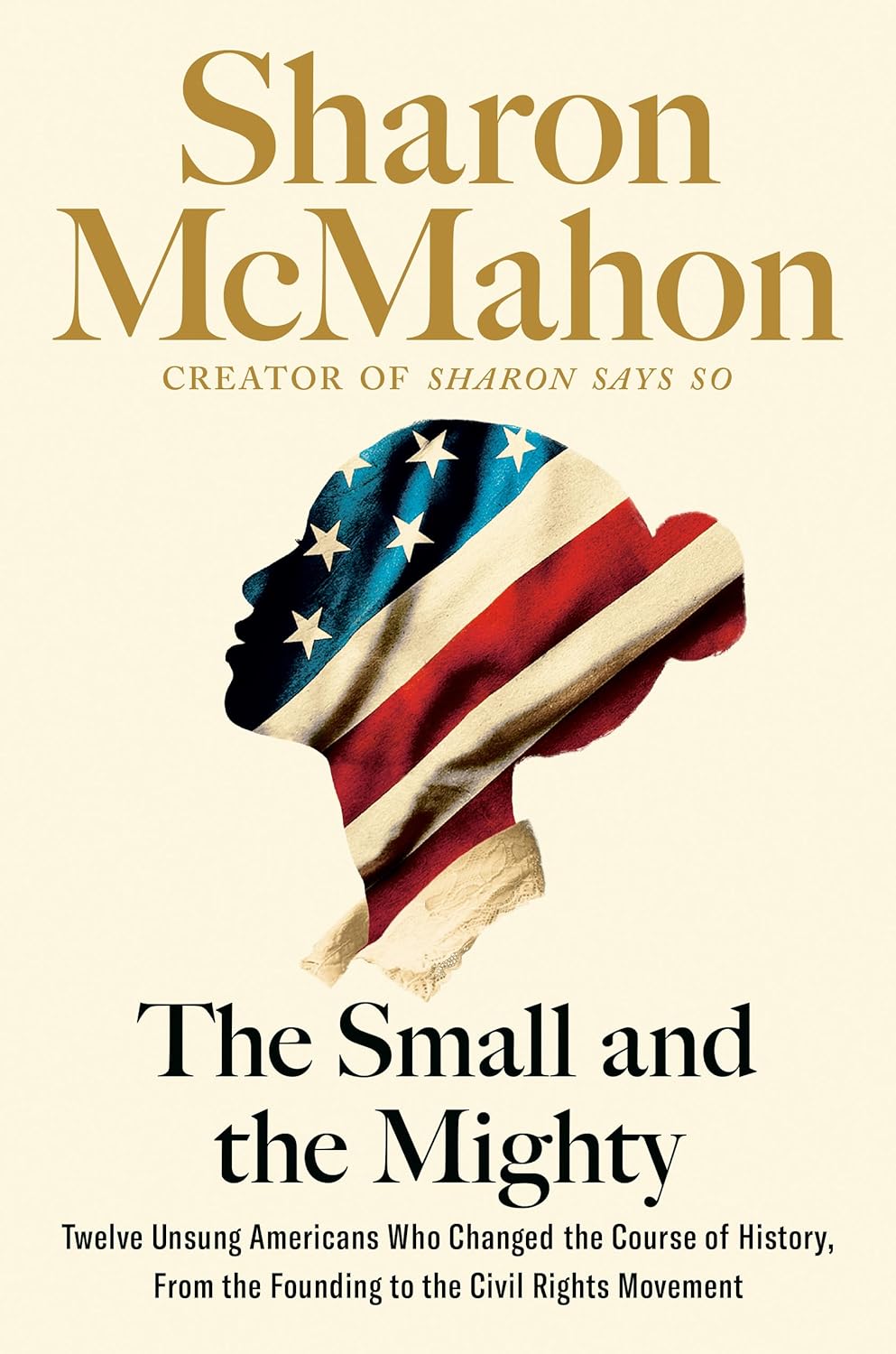Chapter 14: Anna Thomas Jeanes _Philadelphia, 1822
byChapter 14 delves into the life of Anna Thomas Jeanes, born in 1822 in Philadelphia. A portrait of Anna, painted after her death, captures her modest nature, as she is dressed in a simple black gown and white shawl, avoiding any adornments typical of her time. Throughout her life, she shunned the spotlight, choosing not to be photographed or painted, which further emphasizes her humble character. As the youngest of ten children, Anna experienced significant loss early in life, with three siblings passing away before her birth. Tragically, her mother died when Anna was only four, leaving her father to raise her and the remaining siblings. Her father, a successful merchant, provided the family with a comfortable lifestyle near Philadelphia’s harbor, yet their Quaker values led them to shun luxury and excess. This upbringing in a faith-based home instilled in Anna a deep sense of humility and service, principles that would guide her throughout her life.
Despite their wealth, the Jeanes family lived by Quaker principles that emphasized simplicity and justice. After their mother’s death, Anna’s older sister, Mary, stepped into a maternal role, guiding Anna and her siblings through their formative years. Several of Anna’s siblings went on to achieve notable successes in various fields. Jacob, her brother, founded what would later become Hahnemann Medical College, contributing to the medical field. Another brother, Joseph, became a recognized figure in paleontology, and his work, along with contributions from the family, helped establish the fossil collection at the Philadelphia Academy of Natural Sciences. The Jeanes family was also deeply connected to progressive movements, including women’s rights, with figures like Lucretia Mott, a close family friend, further shaping Anna’s views on equality and social justice. Quakerism played a significant role in shaping her philosophy, especially its dedication to equality, which would later influence her philanthropic endeavors.
By 1894, Anna had amassed a fortune of $5 million, a sum equivalent to roughly $178 million in today’s terms. However, rather than indulging in the comforts her wealth could provide, she chose to dedicate herself to philanthropy. Guided by an unwavering commitment to justice, mercy, and community welfare, Anna directed her resources toward causes that would improve the lives of the less fortunate. One of her most notable contributions was her financial support for a home dedicated to destitute African American children, an initiative spearheaded by her sister Mary. This philanthropic work was carried out anonymously, as Anna preferred to keep her identity private, allowing her to focus solely on the impact of her actions rather than on personal recognition. Through these efforts, Anna helped to create opportunities for many individuals who were overlooked by society, making a lasting difference in the lives of countless people.
Despite her reclusive nature, Anna’s eccentricities did not prevent her from effecting meaningful change. For instance, she once purchased the home of noisy neighbors simply to preserve her peace and solitude. Anna also took a unique stance during her time at Swarthmore College, rejecting athletics in favor of using the funds for financial support of the institution. These actions reflect her deeply individual approach to life, where personal comfort and societal expectations took a backseat to her commitment to social change. Throughout her life, Anna remained dedicated to creating a more just and compassionate society. Her work continues to inspire generations of philanthropists and activists who see the power of wealth as a tool for social good. Anna Thomas Jeanes’ legacy is a testament to the impact of selfless giving and the importance of striving for equity and justice, even in the face of personal sacrifice. Her life underscores the profound effect that one person’s commitment to helping others can have on the broader community, leaving a lasting impact on society for generations to come.

